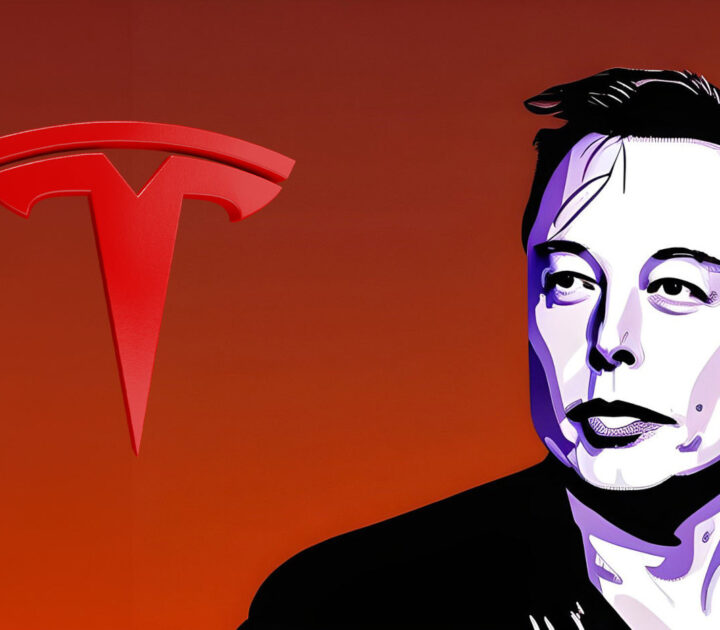
New Paths to Customer Value
To understand the workings of digital disruption, the DBT Center examined the business models of more than a hundred top digital disruptors. Whatever their differences, all of them create at least one of three essential types of value for customers: cost value, experience value, and platform value.
Digital disruptors use these customer-value focused business models to undercut the price, improve the customers’ experience, or use platforms to expand their reach exponentially. Each of these three categories of value in turn supports five predominant business models, which are detailed in the report. The emphasis is on the customer – exploring the benefits to them – rather than the gains flowing to the innovator, as this notion of new customer value creation is the unifying trait of all disruptive business models. While the report gives examples for each of the 15 business models, it is worth noting that almost none of the disruptors mentioned employ just one of the business models presented; most are proficient at combinatorial disruption that undercuts incumbents in multiple ways.
Research Information & Knowledge Hub for additional information on IMD publications
Nespresso, the global leading brand in portioned coffee, is facing an existential threat. The company’s current market base, which consists primari...
By 2026, it's predicted that over 80% of organizations will have employed generative artificial intelligence (GenAI) in some capacity, up from less...
Choosing a CEO is a crucial decision for any company, but it becomes particularly complex in family businesses. This difficulty stems from the need...
In this note, I offer a framework to help business leaders cope with the duality of geopolitical conflict and stakeholder scrutiny. CEOs increasing...
Family businesses often have not only financial wealth but also nonfinancial values that make them different from nonfamily companies. For instance...
Leadership presence (LP) is widely acknowledged as a foundation of effective leadership. Historically, LP has been conceptualized as a collection o...
With organizations of all sorts facing increased urgency and unpredictability, being able to ask smart questions has become key. But unlike lawyers...
Research Information & Knowledge Hub for additional information on IMD publications
Research Information & Knowledge Hub for additional information on IMD publications
Research Information & Knowledge Hub for additional information on IMD publications
Research Information & Knowledge Hub for additional information on IMD publications
Research Information & Knowledge Hub for additional information on IMD publications
Research Information & Knowledge Hub for additional information on IMD publications
Research Information & Knowledge Hub for additional information on IMD publications
Research Information & Knowledge Hub for additional information on IMD publications
Research Information & Knowledge Hub for additional information on IMD publications
in Harvard Business Review May-June 2024, vol. 102, issue 3
Research Information & Knowledge Hub for additional information on IMD publications


